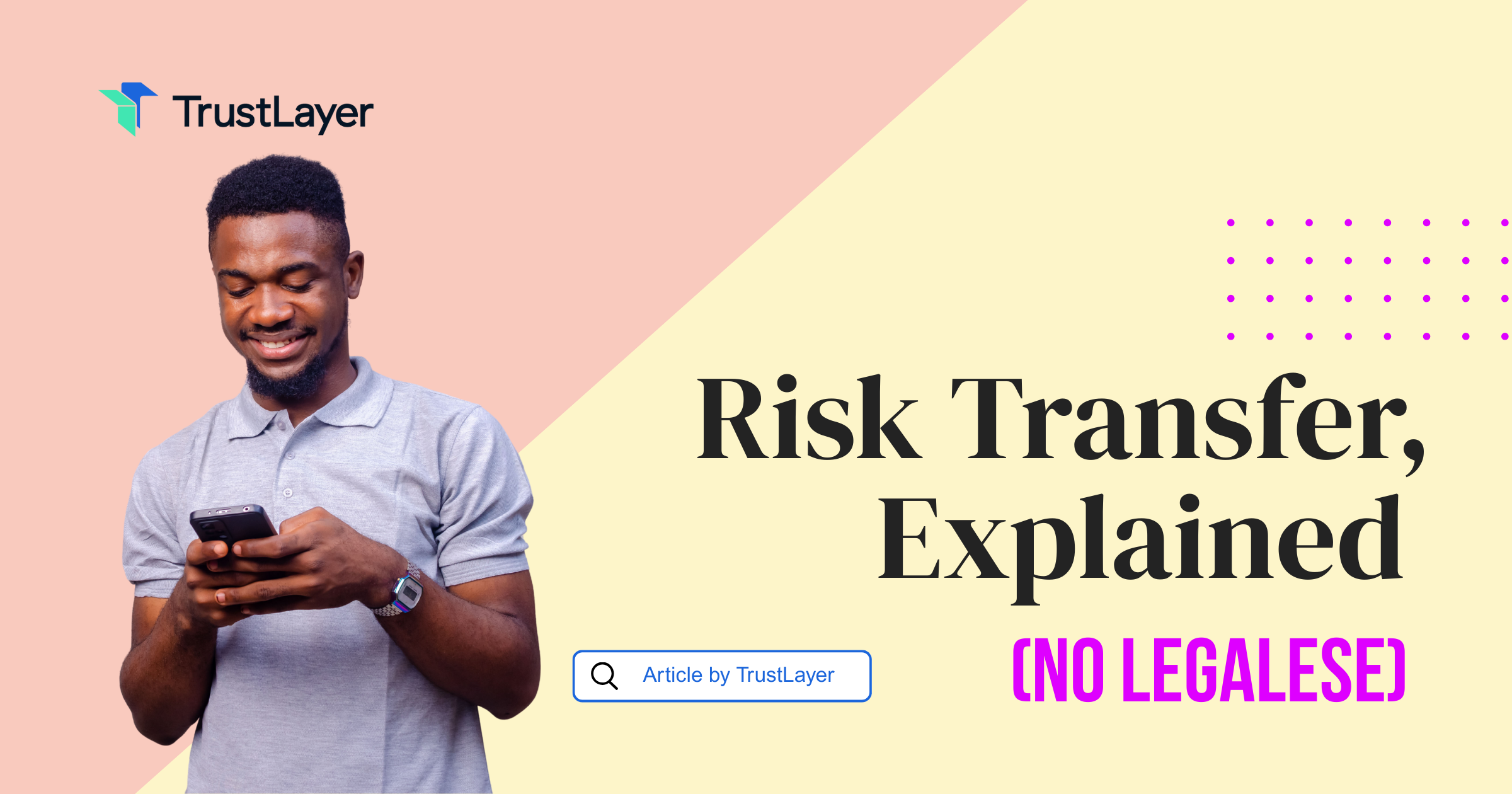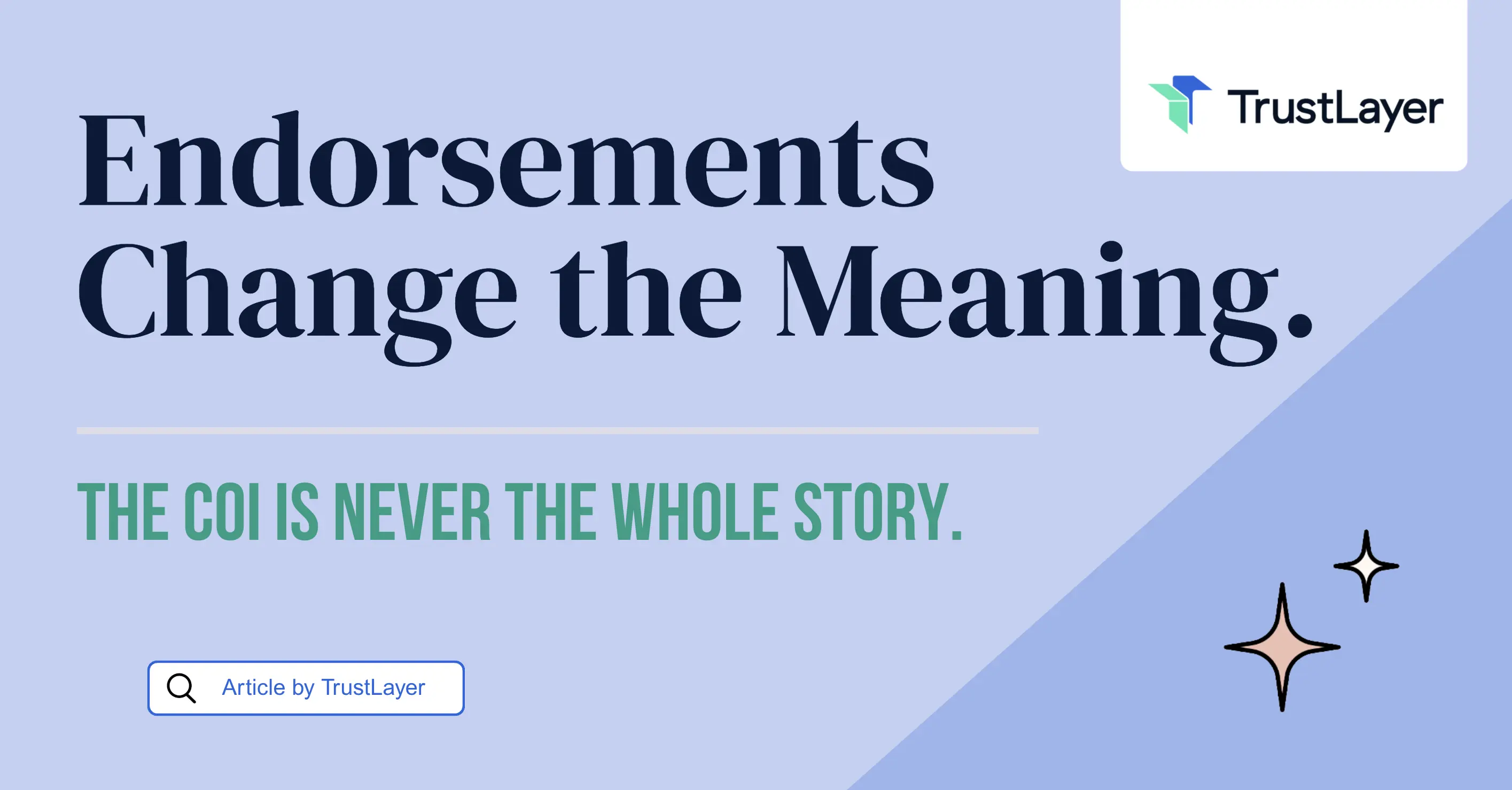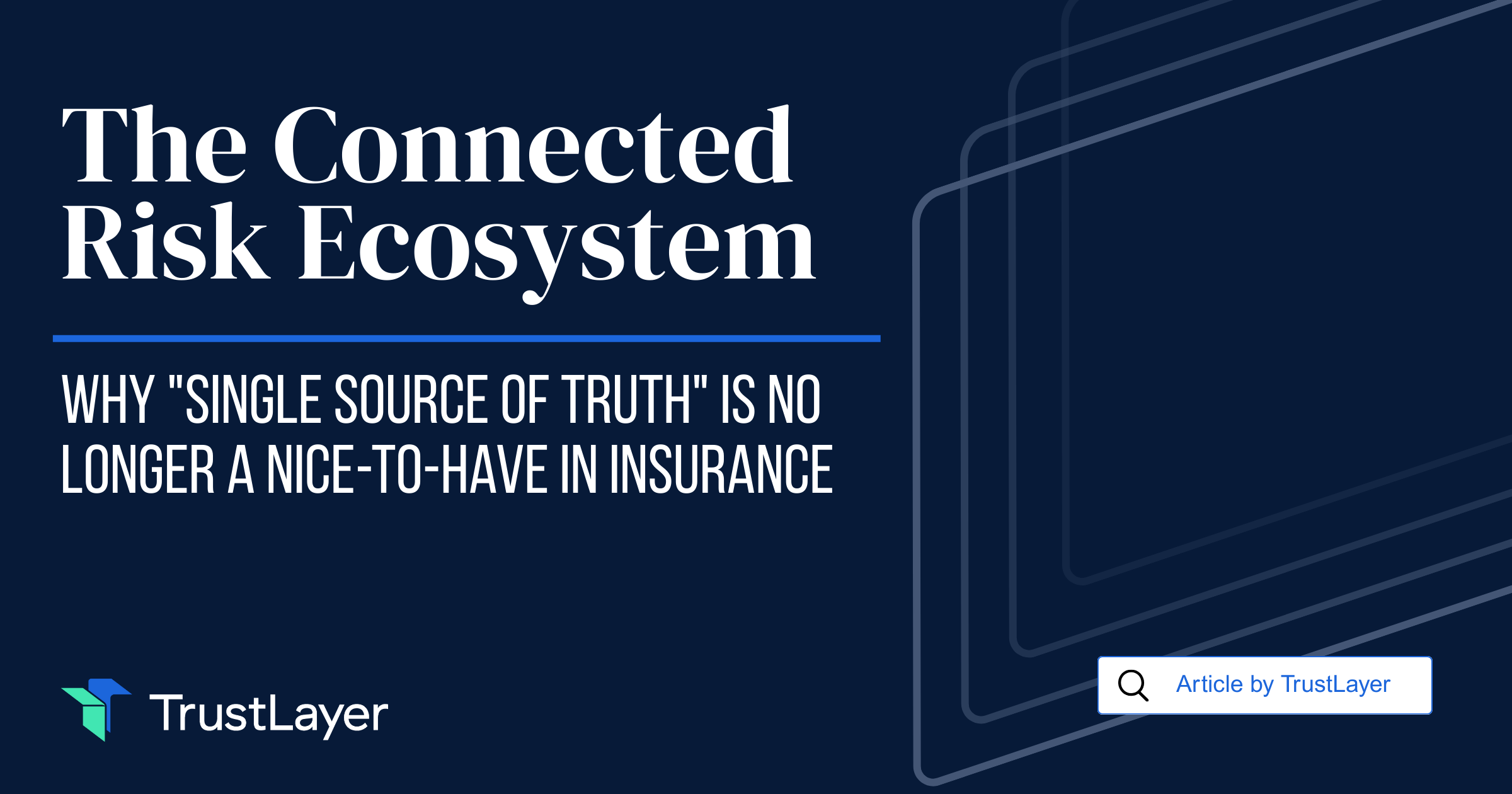What is the Difference Between Umbrella and Excess Liability?

Understanding the nuances of insurance can be daunting, especially when it comes to terms like "umbrella" and "excess liability." Both types of insurance provide additional coverage beyond standard policies, but they serve different purposes and come with distinct features. This article aims to clarify the differences between umbrella and excess liability insurance, helping you make informed decisions about your coverage needs.
What is Umbrella Liability Insurance?
Umbrella liability insurance is designed to provide an extra layer of protection beyond the limits of your existing policies, such as home, auto, or boat insurance. It kicks in when the liability limits of these underlying policies are exhausted, offering broader coverage for various situations. This type of insurance is particularly significant in today's litigious society, where even minor incidents can result in substantial legal claims. By having an umbrella policy, you can rest assured that you have a financial safety net that extends well beyond the typical coverage limits.
Key Features of Umbrella Liability Insurance
One of the most appealing aspects of umbrella liability insurance is its versatility. It covers a wide range of incidents, including personal injury claims, property damage, and even certain lawsuits that standard policies may not cover. This makes it a valuable addition for both individuals and businesses. For instance, if you own a rental property, an umbrella policy can protect you from liability claims related to injuries that occur on your premises, which your landlord insurance might not fully cover.
Another key feature is the affordability of umbrella policies. Given that they provide coverage over multiple types of underlying insurance, the cost per unit of coverage is often lower than that of individual policies. This can make it an economical choice for those seeking comprehensive protection. Additionally, many insurance providers offer discounts for bundling umbrella insurance with other policies, making it more accessible for consumers looking to enhance their coverage without incurring significant costs.
Common Scenarios Where Umbrella Insurance is Beneficial
Imagine a situation where you are involved in a serious car accident that results in significant injuries to another party. Your auto insurance policy has a liability limit of $300,000, but the damages amount to $500,000. In this case, your umbrella policy would cover the additional $200,000, protecting your assets from being pursued in a lawsuit. This scenario highlights the importance of having sufficient coverage, especially if you have significant assets to protect, such as a home or a savings account.
Umbrella insurance also comes in handy for personal injury claims, such as defamation or slander. If someone were to sue you for damages related to a statement you made, your umbrella policy could help cover legal fees and settlements that exceed your underlying policy limits. Furthermore, it can provide coverage for incidents that occur in your everyday life, such as a guest getting injured at your home or your dog biting someone. These situations can lead to costly legal battles, and having an umbrella policy ensures that you are not left vulnerable to financial ruin due to unforeseen circumstances.
What is Excess Liability Insurance?
Excess liability insurance, although similar to umbrella insurance, has a distinct focus. This type of coverage is designed to provide additional limits on a specific type of liability insurance, such as general liability or auto liability. Unlike umbrella insurance, excess liability does not provide broader coverage for various kinds of risks.
Key Features of Excess Liability Insurance
Excess liability insurance is often more straightforward than umbrella insurance. It extends the coverage limits of existing policies without adding new types of coverage. For example, if your general liability insurance has a limit of $1 million, an excess liability policy might provide an additional $2 million in coverage.
This type of insurance is beneficial for businesses that face higher risks in their operations. It allows them to increase their liability limits without having to overhaul their entire insurance strategy. This can be a more cost-effective solution for companies that already have robust underlying coverage. Additionally, the underwriting process for excess liability insurance can be less complex, as insurers typically evaluate the existing policies and the specific risks associated with the business, making it easier for companies to secure the necessary coverage.
Common Scenarios Where Excess Liability Insurance is Useful
Consider a business that operates in a high-risk industry, such as construction. If a worker is injured on the job and the resulting claims exceed the general liability policy limit, excess liability insurance can step in to cover those additional costs. This ensures that the business remains protected from potentially devastating financial repercussions. Furthermore, in industries where lawsuits can result in significant settlements, having excess liability coverage is a crucial component of a risk management strategy, providing peace of mind to business owners.
Another scenario could involve a company that hosts significant events. If someone were to get injured during an event and the claims exceed the general liability coverage, the excess liability policy would provide the necessary additional coverage, ensuring the business can continue to operate without financial strain. This is particularly important in the context of public gatherings, where the potential for accidents increases. Event organizers often face unique risks, and having excess liability insurance can help mitigate the financial fallout from unforeseen incidents, allowing them to focus on delivering a successful event rather than worrying about potential legal repercussions.
Comparing Coverage and Costs
When choosing between umbrella and excess liability insurance, understanding the differences in coverage and costs is crucial. Each option has its advantages and disadvantages, and the right choice often depends on individual circumstances.
Coverage Differences
As mentioned, umbrella insurance offers broader coverage that can apply to various types of incidents, whereas excess liability is more limited to specific types of policies. For individuals, umbrella insurance may be more beneficial due to its comprehensive nature. However, businesses with particular liability needs may find excess liability to be a more suitable option.
For example, a homeowner may want an umbrella policy to protect against various risks, such as accidents on their property or personal injury claims. In contrast, a business may only need excess liability coverage to extend the limits of their general liability policy, which may be sufficient for their operations. Additionally, umbrella policies can cover legal fees and other expenses that arise from claims, providing a valuable safety net in times of crisis. This is particularly important in today’s litigious society, where even minor incidents can lead to substantial legal battles.
Moreover, umbrella insurance often includes coverage for incidents that may not be covered under standard policies, such as libel, slander, or certain types of liability for rental properties. This makes it an appealing option for individuals who engage in activities that expose them to unique risks, such as hosting large gatherings or participating in community events. On the other hand, businesses might find that excess liability coverage is tailored to their specific needs, allowing them to focus on their core operations without worrying about unforeseen liabilities that could jeopardize their financial stability.
Cost Considerations
Typically, umbrella policies are more affordable than one might expect. Given the broad coverage they offer, many individuals and families find that the additional premium is well worth the peace of mind it provides. On the other hand, excess liability insurance may have a higher cost per unit of coverage, particularly for businesses operating in high-risk environments.
Ultimately, the decision between umbrella and excess liability insurance should take into account both coverage needs and budget constraints. It’s essential to assess the specific risks involved and consult with an insurance professional to determine the most appropriate coverage strategy. Furthermore, it’s necessary to consider the potential long-term savings that can be achieved by selecting the correct type of insurance. For instance, investing in a comprehensive umbrella policy can help prevent significant financial losses in the event of a catastrophic claim, which may ultimately outweigh the initial premium costs over time. Additionally, many insurers offer discounts for bundling policies, which can further enhance affordability and provide a more streamlined approach to managing insurance needs.
Who Needs Umbrella vs. Excess Liability Insurance?
Determining who needs umbrella versus excess liability insurance depends on various factors, including lifestyle, occupation, and level of risk exposure. Understanding these factors can help individuals and businesses make informed decisions about their insurance needs.
Individuals and Families
For individuals and families, umbrella insurance is often recommended, particularly for those with significant assets or higher-risk lifestyles. Homeowners, parents, and those with substantial savings may find that an umbrella policy offers essential protection against potential lawsuits and claims.
Moreover, individuals who engage in activities that could lead to liability, such as hosting parties or participating in community events, should consider umbrella coverage. This ensures they have adequate protection in case of unforeseen incidents.
Businesses and Professionals
For businesses, the decision between umbrella and excess liability insurance often hinges on the nature of their operations. Companies in high-risk industries, such as construction or manufacturing, may benefit more from excess liability insurance to extend their existing coverage limits.
Conversely, businesses that engage in a variety of activities or have diverse exposure to risks may find that umbrella insurance is a more comprehensive solution. This is particularly true for businesses that host events, have a large customer base, or provide professional services.
Understanding Policy Limits and Exclusions
Both umbrella and excess liability insurance come with specific policy limits and exclusions. Understanding these aspects is crucial for ensuring adequate coverage and avoiding unexpected claims.
Policy Limits
Policy limits refer to the maximum amount an insurer will pay for a covered claim. For umbrella insurance, these limits can vary widely, often ranging from $1 million to $10 million or more. It’s essential to assess personal or business assets to determine the appropriate coverage level.
Excess liability insurance also has limits that are tied to the underlying policy. For instance, if a general liability policy has a limit of $1 million, the excess liability policy may provide an additional $2 million in coverage. Understanding these limits helps in evaluating whether the coverage is adequate for potential risks.
Common Exclusions
Like all insurance policies, both umbrella and excess liability insurance have exclusions that define what is not covered. For instance, umbrella policies typically do not cover intentional acts, contractual liabilities, or specific professional liabilities.
Excess liability insurance may have similar exclusions, focusing primarily on the underlying policy. It’s crucial to read the fine print and understand what is excluded from coverage to avoid any misunderstandings during the claim process.
Making the Right Choice for Your Needs
Choosing between umbrella and excess liability insurance requires careful consideration of individual or business needs, risks, and financial situations. Here are some steps to help make the right choice:
Assess Your Risks
Understanding the risks associated with personal or business activities is the first step in determining the appropriate insurance coverage. Consider factors such as the likelihood of accidents, the value of assets, and potential liability exposure.
For individuals, this may involve evaluating lifestyle choices, such as hosting gatherings or engaging in recreational activities. For businesses, it may require a thorough risk assessment of operations, employee activities, and customer interactions.
Consult with Insurance Professionals
Engaging with insurance agents or brokers can provide valuable insights into the best coverage options. These professionals can help assess risks, explain the nuances of various policies, and recommend suitable coverage levels tailored to individual or business needs.
Additionally, they can help you compare quotes from multiple insurers, ensuring you find a policy that meets both your coverage requirements and budget.
Conclusion
In summary, while both umbrella and excess liability insurance provide additional coverage beyond standard policies, they serve different purposes and have unique characteristics. Umbrella insurance provides broader protection against various types of incidents, making it an ideal choice for individuals and families. On the other hand, excess liability insurance extends coverage limits on specific policies, making it suitable for businesses with defined liability needs.
Understanding the differences between these two types of insurance is essential for making informed decisions about coverage. By assessing risks, consulting with professionals, and evaluating personal or business needs, individuals and companies can choose the proper insurance to protect their assets and ensure peace of mind.
Ultimately, whether opting for umbrella or excess liability insurance, the goal remains the same: to safeguard against unforeseen events that could lead to significant financial loss. Taking the time to understand and choose the right coverage can make all the difference in securing a stable and protected future.
As you consider the right insurance coverage to protect your assets and ensure peace of mind, remember that managing the necessary compliance documents doesn't have to be a burden. TrustLayer revolutionizes the way modern risk managers handle certificates of insurance (COIs), automating the tedious process of document collection, storage, and verification. Embrace the future of risk management with TrustLayer's innovative solution, designed to save you time and money while providing the trust needed to foster business relationships. Don't let outdated methods hold you back. Schedule a time to speak with our team and learn how TrustLayer can streamline your insurance tracking and vendor document management today.
















